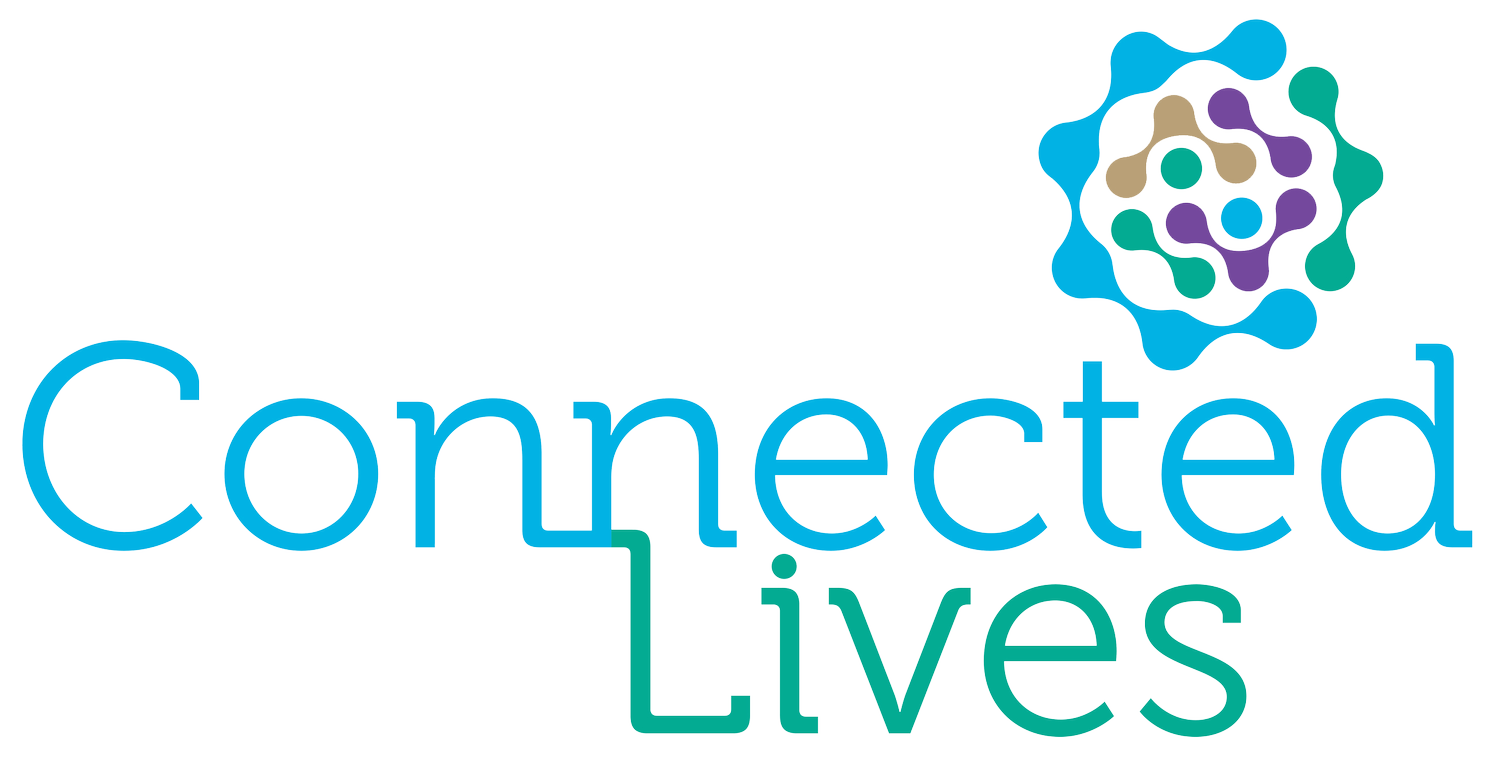QUESTIONS FOR CONNECTION
On the market (especially at Christmas) you can find a number of different 'family relationships' games. In them you get to pick a card and ask a question of a sibling, a partner, a parent or friend. The idea is to get families chatting and it's a great idea but in reality you don't need to fork out on a game, you can actually have these conversations for free.
As you'll know if you've read anything I've written before, at Connected Lives we use attachment theory as one of our main lenses for understanding people. In summary the idea is that we were designed to live from cradle to grave enjoying close, ‘attachment’ relationships with a small group of people. Starting with our relationship with our parents or carers, we were created to live interdependent lives, where we can call on our ‘go to people’ and we know they will respond. So much of the work that we do at Connected Lives is around helping people tune in to and respond to this fundamental need for connection with our go to people. Everyone (babies, children, teens and adults) needs to feel connected to the key people in their lives. We function well when we have this connection but we start to malfunction both emotionally and behaviourally when we start to feel disconnected.
This need is wired into our brains, our very beings. If we are having a problem with a friend, a child or a partner, instead of asking the question ‘why are they doing this to me’ it can be more helpful to ask ‘do they need something from me’. Wise partners, friends, parents and carers are able to take a step back from the problem and begin to think about responding in a different way from our normal knee-jerk response. If we are able to take that all important step of reflection we can begin to see the problem in a new way. This involves both thinking about what our loved one might be showing us about what they need and considering what we are bringing to the party.
All too often when we stop to think (in a non-pressured way) we realise that we are particularly sensitive to this kind of behaviour due to our own relationship history. So if we get mad when a friend is clearly struggling but refuses to talk to us; we might want to think, 'why do I hate this so much?' and maybe even 'is there anything I’m doing or not doing that makes this harder for them?' We all have ‘raw spots’ as Sue Johnson calls them, a place on our emotional skin that is particularly sensitive to the touch. Reflective conversations with loved ones can lead us to feel even more closely connected if done well. Because in these conversations we openly acknowledge the importance of the other person to us, and to show our willingness to learn to respond in new ways that leave them feeling safer and more connected.
I have one extremely important caveat to all this. This kind of ‘is it me’ thinking does not apply in situations where our partner is being violent towards us. A victim of partner violence should not be thinking ‘what did I do to provoke this’; rather they need to start thinking ‘I need to stop this happening to me?' If you are in this situation please seek help immediately. A good place to start would be the National Domestic Abuse Helpline: 0808 2000 247.
In general being willing to think about our responses and our loved ones’ needs gives us new options when we are feeling stuck and frustrated and can lead to greater intimacy and connection. Starting off with questions like ‘what do I do that makes you feel most loved’ can be a gentle way in. So what have you got to lose (and where have you got to go)? Give it a try and here’s to happy connecting!
Jenny Peters
9/12/20
